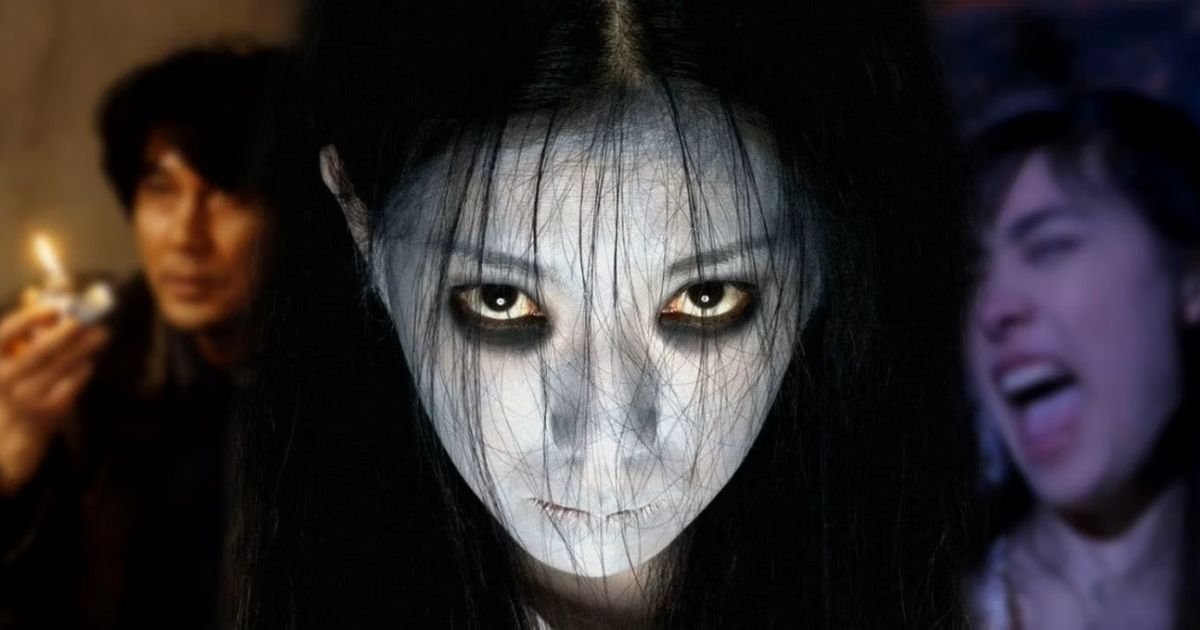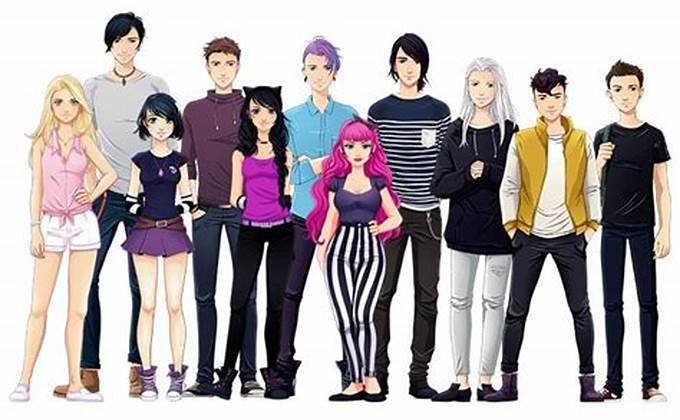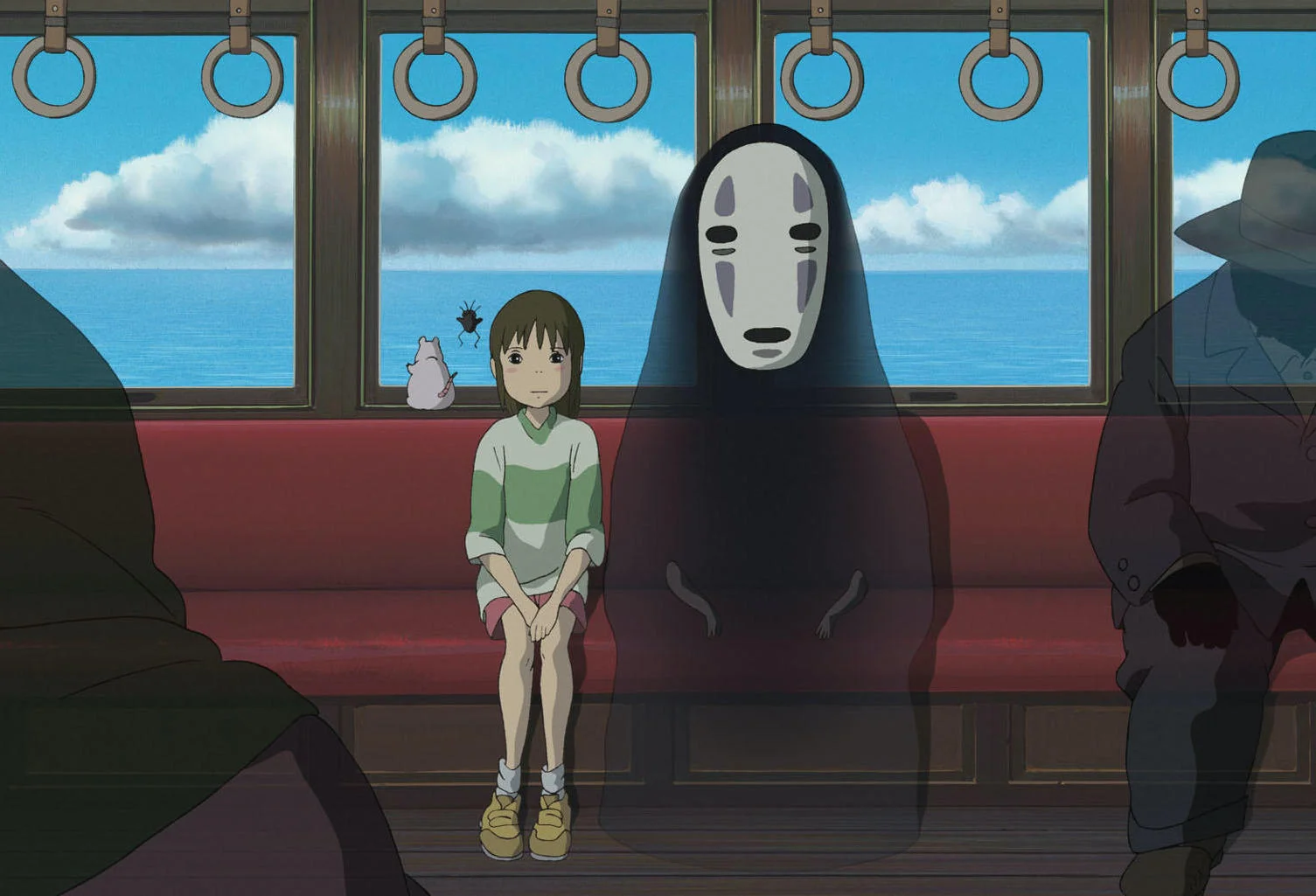Japanese cinema has produced some of the most emotionally resonant and visually stunning romance films. From the golden age of Japanese film to contemporary classics, these films explore themes of love, heartbreak, and human connection. Here’s an in-depth look at some of Japan’s most cherished classic romance films.

Tokyo Story (1953)
Director: Yasujiro Ozu
Tokyo Story is often hailed as one of the greatest films ever made. It tells the story of an elderly couple who travel to Tokyo to visit their children. Their visit exposes the generational gap and the changing family dynamics in post-war Japan.
The film’s exploration of familial love and the passage of time makes it a poignant meditation on human relationships. Ozu’s use of simple, yet profound storytelling and his innovative cinematic techniques have left a lasting impact on the genre.
Ugetsu (1953)
Ugetsu is a historical romance set in the Japanese civil wars of the 16th century. The film blends elements of romance and the supernatural, telling the story of a potter and his wife whose lives are transformed by ambition and otherworldly encounters.
It highlights the tragic consequences of desire and the complexities of human emotion.
The Ballad of Narayama (1958)
Set in a remote mountain village, The Ballad of Narayama tells the story of a woman who must face the traditional practice of being left on the mountain to die once she reaches the age of 70. The film explores themes of love, sacrifice, and societal expectations.
The film’s emotional depth and its reflection on the harsh realities of life and death offer a powerful narrative on the bonds of family and the impact of cultural practices on personal relationships.
Hiroshima Mon Amour (1959)
Although a French film, Hiroshima Mon Amour has significant Japanese connections through its depiction of the aftermath of the Hiroshima bombing. The film intertwines a love affair between a French actress and a Japanese man with reflections on memory and trauma.
The film’s innovative narrative structure and exploration of memory and love provide a unique perspective on the impact of historical events on personal relationships.
Summer Time Machine Blues (2005)
Summer Time Machine Blues is a romantic comedy that follows a group of college friends who discover a time machine and use it to change their past. The film combines elements of romance, science fiction, and comedy, focusing on the impact of time travel on their relationships.
Ringu (1998)
Ringu is a horror film with strong romantic undercurrents. It follows a journalist who investigates a mysterious videotape that causes viewers to die seven days after watching it. The film’s exploration of the protagonist’s relationships adds depth to its chilling narrative.
A Story of Floating Weeds (1934)
A Story of Floating Weeds follows a traveling actor who reunites with his estranged family and lovers. The film explores themes of love, responsibility, and the consequences of past decisions.
Ozu’s film is notable for its tender portrayal of romantic and familial relationships. It captures the emotional complexities of love and the effects of personal choices on those around us.
Love Letter(1995)
Love Letter tells the story of a woman who writes letters to her deceased fiancé and discovers unexpected connections with his past. The film explores themes of love, loss, and memory through a series of poignant and interconnected narratives.
The Taste of Tea (2004)
The Taste of Tea is a whimsical and heartfelt film about a family in rural Japan dealing with various life challenges, including romantic entanglements. The film’s gentle humor and warmth provide a unique perspective on love and family dynamics.
The film’s blend of magical realism and romance offers a fresh and imaginative take on the genre, reflecting the complexities of relationships in a charming and engaging manner.
Your Name (2016)
Your Name is a contemporary anime film that explores the connection between two teenagers who mysteriously begin to switch bodies. As they uncover the truth behind their strange connection, they also navigate their own feelings and relationships.
The film’s blend of romance, fantasy, and stunning animation has captivated audiences worldwide. Demonstrating how modern Japanese films continue to innovate within the genre.
Conclusion
Japanese classic romance films offer a rich tapestry of emotional and cultural insights, reflecting the diverse ways love and relationships are experienced and understood. From the post-war era to contemporary times, these films capture the essence of human connection and continue to resonate with audiences around the world. Through their unique storytelling and profound themes, Japanese romance films provide a window into the changing dynamics of love and relationships in Japanese society.










